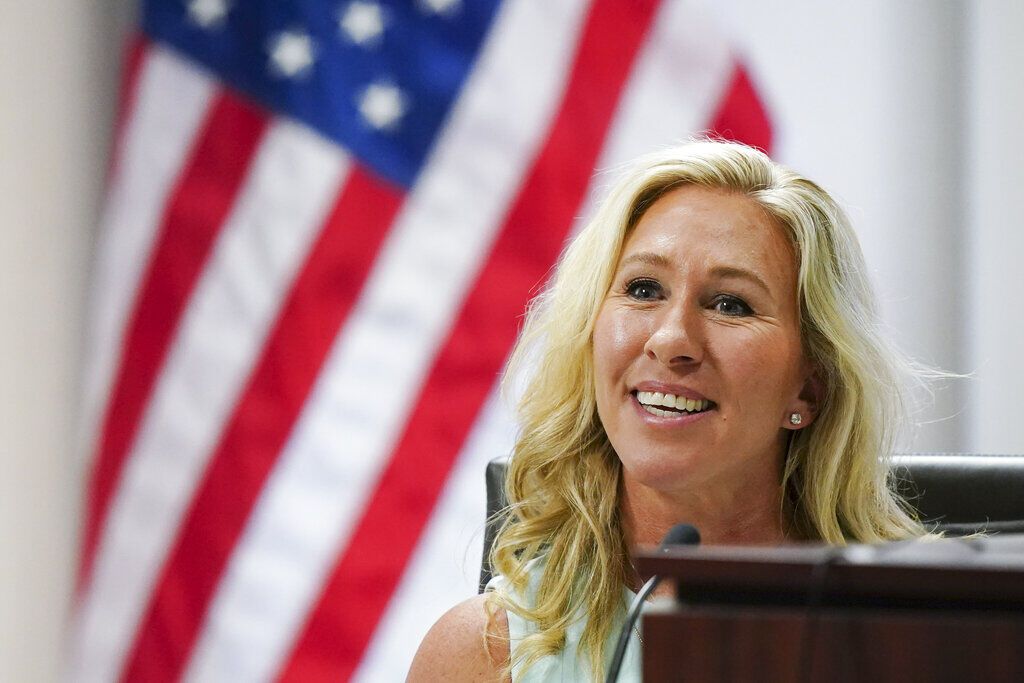Arcade trade group says Colorado cops treat small arcades differently than chains

The Colorado Skill Games & Entertainment Association, a trade group for the arcade industry, is keeping the public relations heat on law enforcement over Front Range raids at seven small businesses last summer, where authorities alleged games were gambling devices.
Through open-records requests, the association says it found disparities in how the law is carried out against small businesses, but that cops look the other way on nearly identical games offered by large arcade chains such as Dave & Buster’s.
The association on Wednesday cited an Aug. 19 Colorado Bureau of Investigations report that showed a CBI agent and a police investigator visited a Dave & Busters in Denver to look at a fish game similar to one taken in raids as gambling devices, but no consequence ensued there or at other large chains that have the game.
A CBI agent also deemed games where you drop in a quarter to try to push other quarters off a shelf for the player to collect – called coin pushers – as gambling, so one was confiscated from a Conoco station in Sterling, according to a Sept. 5 e-mail obtained from the agency.
However, corporate arcades offer a similar game called For the Win. “(T)here has been no production to date that indicates any effort to raid and seize games from these operators as the Department raids and seizes games from smaller arcade operators,” the association said of its records search.
“Why are coin-pusher machines or fish arcade games illegal in a smaller arcade, but A-OK in larger entertainment centers according to the CBI and Division of Gaming?” Chris Howes, executive director of the Colorado Skill Games & Entertainment Association, said in a statement.
“It really begs the question: Why is law enforcement so vigorously raiding small business that operate games of skill, not chance – without bringing any charges against the owners – and seizing identical games from these small operators and not from the larger entertainment arcades? The law should be enforced evenly and without prejudice. When it is not, we need to inform the public and demand to know how the same game in a corporate arcade is OK, but is somehow perceived as illegal when the little guy offers it to the public.”












